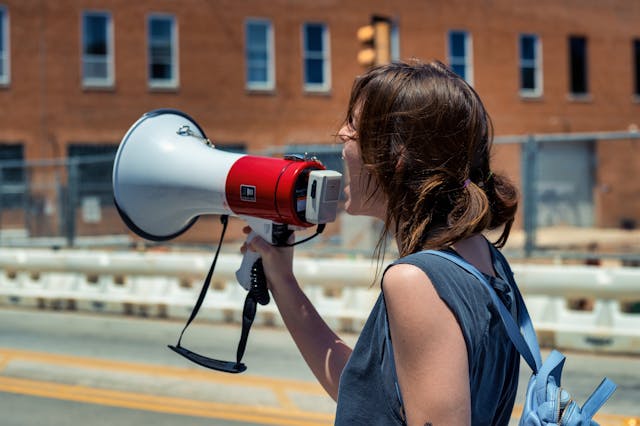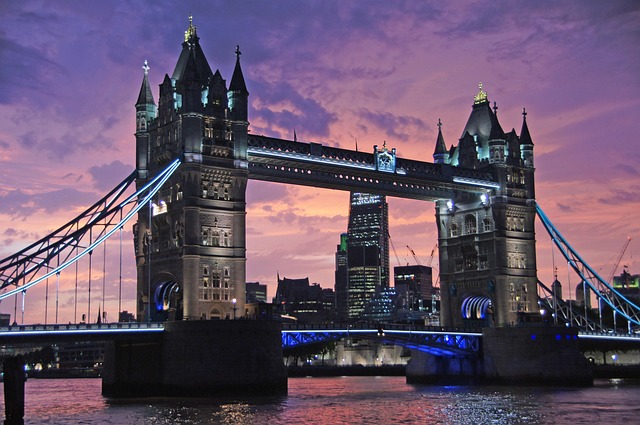 In the old days, singing at work was a way of creating community and making something boring bearable. People also sang when they walked, when they worshipped their gods, and when they remembered the heroes of the past.
In the old days, singing at work was a way of creating community and making something boring bearable. People also sang when they walked, when they worshipped their gods, and when they remembered the heroes of the past.
Consider that the Illiad, the Odyssey, the Hymn to Demeter were songs. Music was something that followed us everywhere. Perhaps we sang before we talked, there are some anthropologists who say that was the case.
However, when we started working in factories and offices, we stopped singing. We are silent on the bus, on the subway, and even in the car. We no longer worship any gods either in song or prayer, and we don’t sing when we walk around town. At football matches or with a drink, we sometimes sing, but it’s mostly a roar or a whine, rarely real singing.
But we do like to listen to other people’s songs. Pre-recorded albums that are randomly fed from the radio, or strictly selected playlists on Spotify. Music has become entertainment, fashion and attitude – created by professional musicians for a mass market. And it’s mostly about listening, even if we sometimes hum along. From public participation to mute consumption.
Our scales and harmonies, on the other hand, have millennia of tradition. Even if we don’t know what it sounded like when the Odyssey was sung in ancient Greece, the basic forms of music live on in our culture and in our subconscious. And sometimes I dream that certain sequences may resurface in our popular music, by chance or unconscious inheritance. Like pieces of a jigsaw puzzle, scattered little artefacts, waiting to be joined together into something bigger and more whole.







